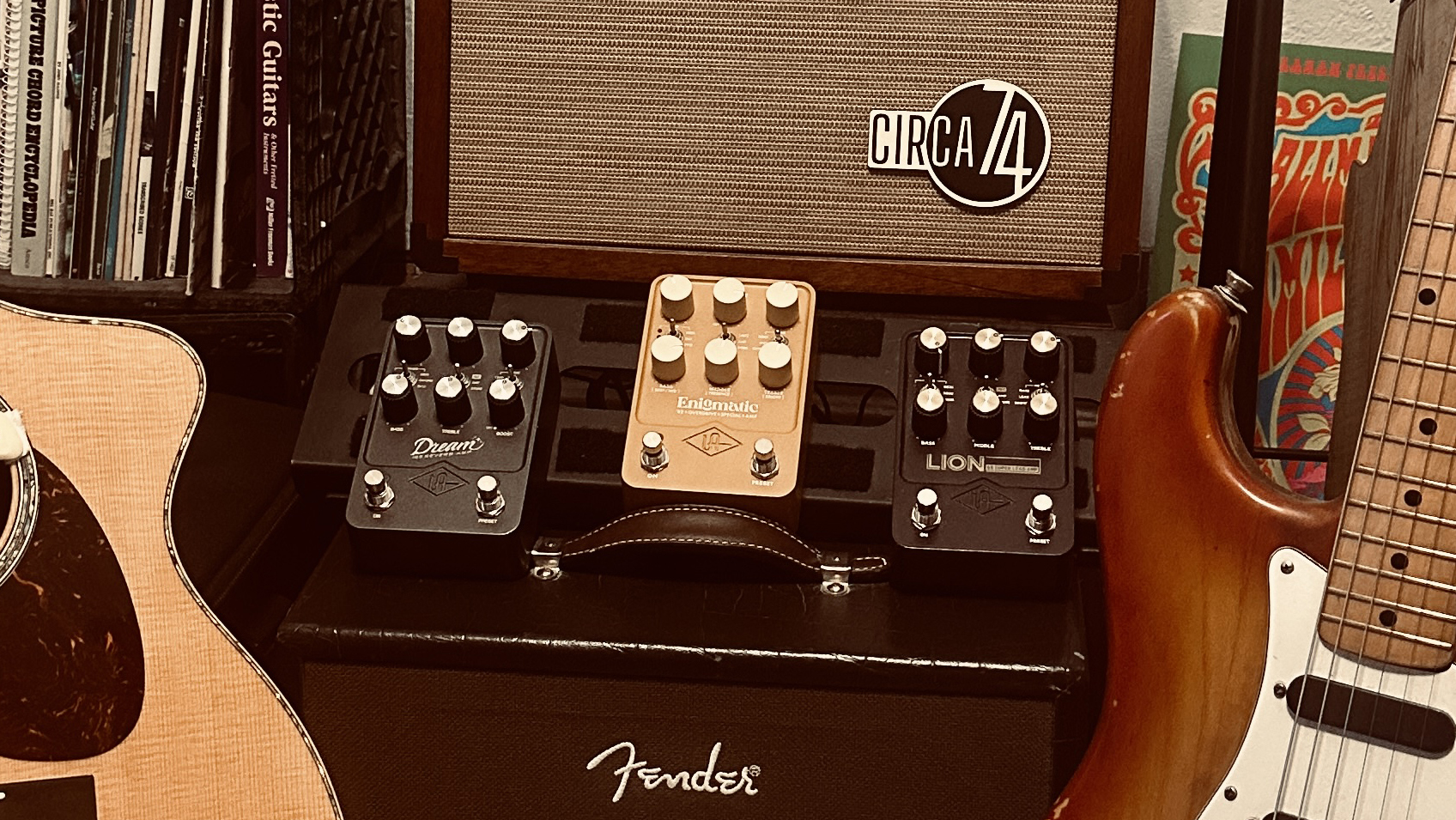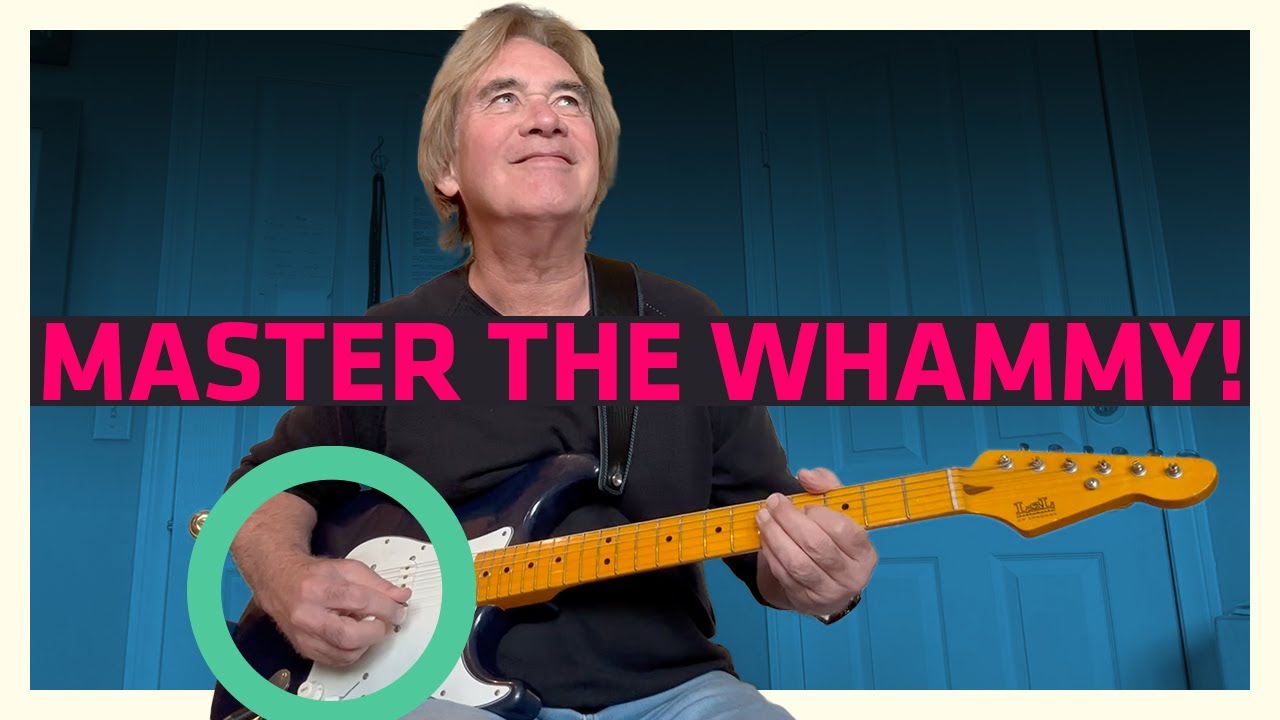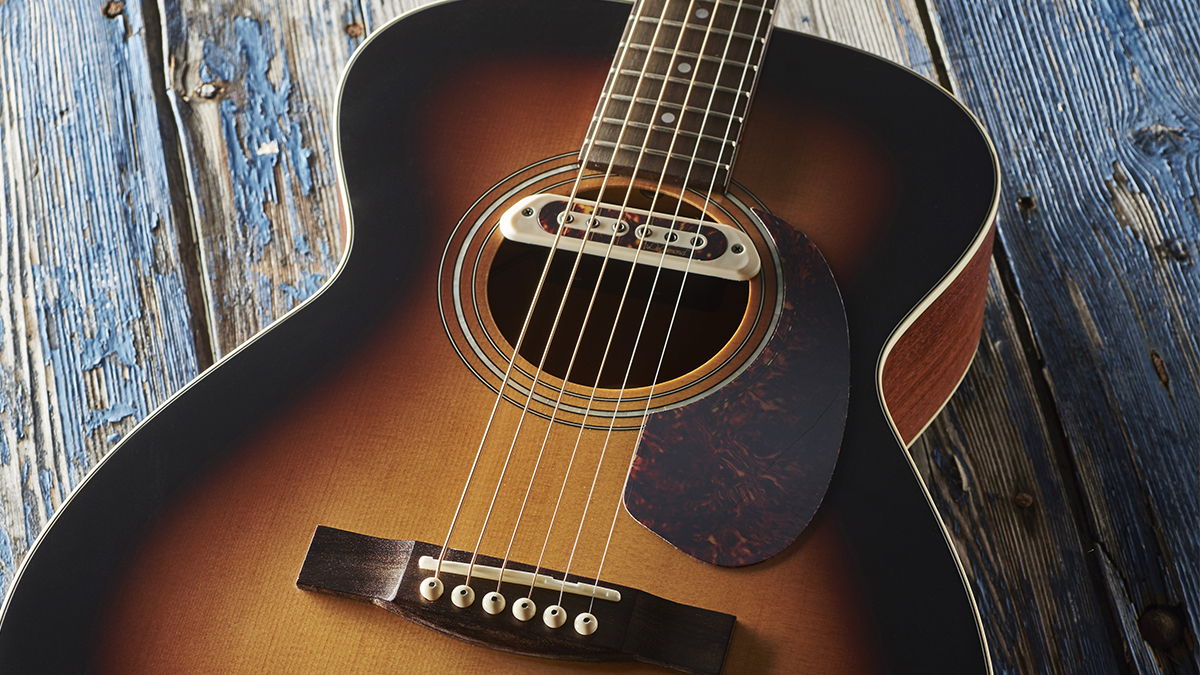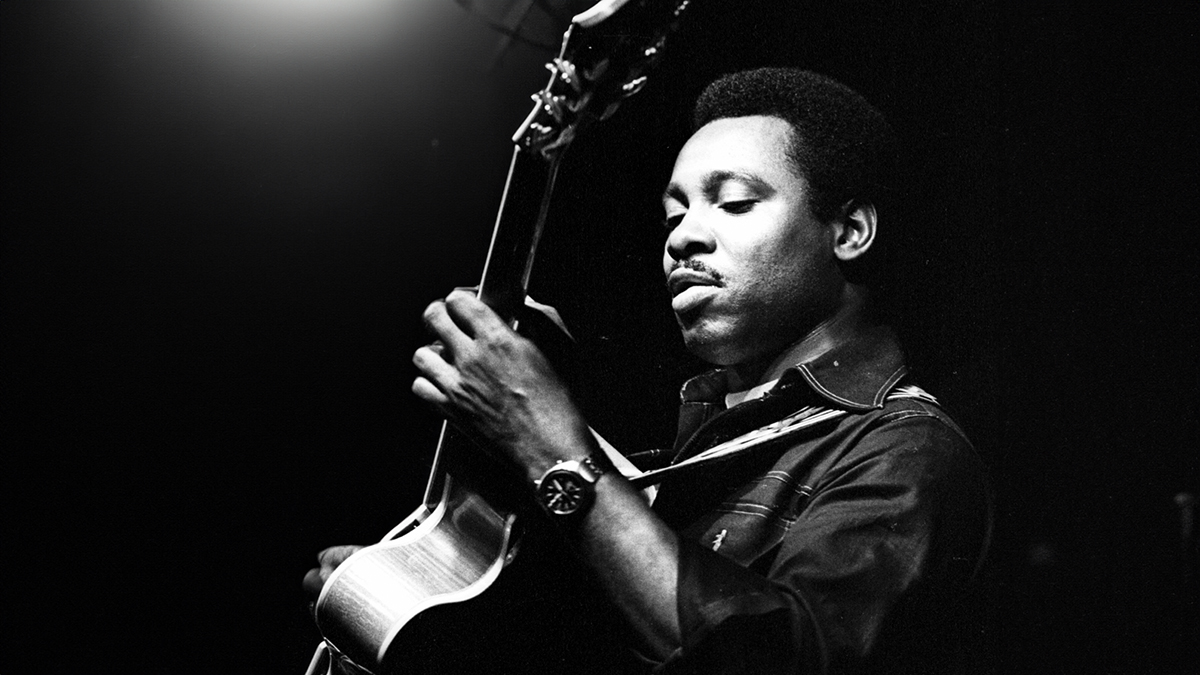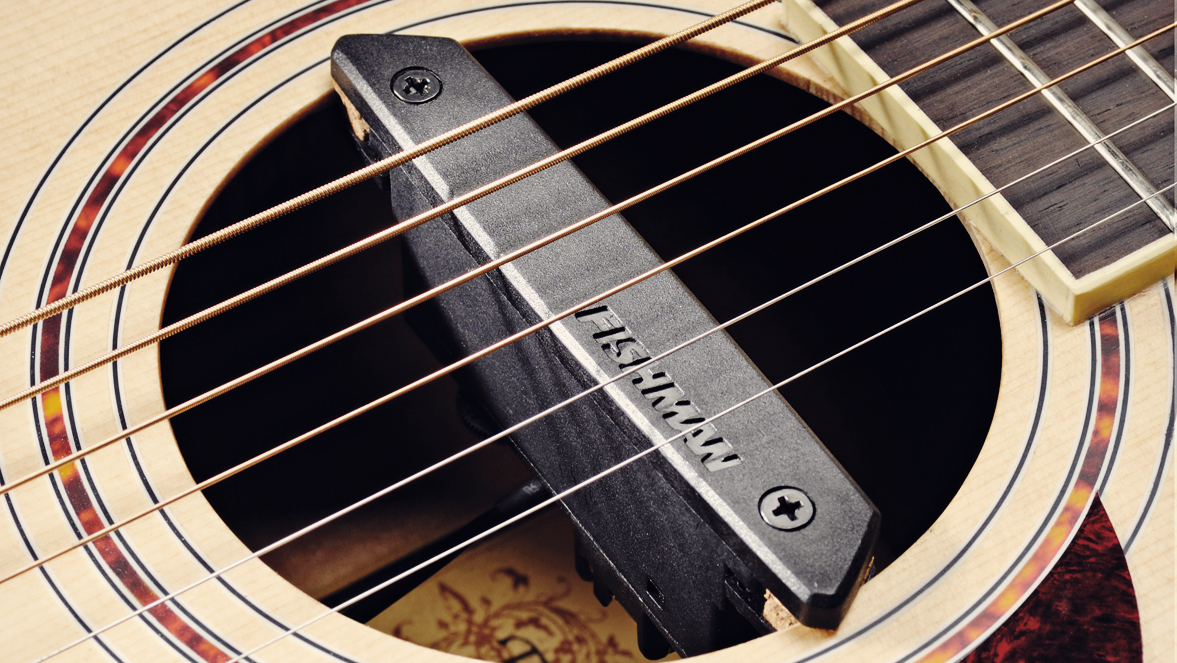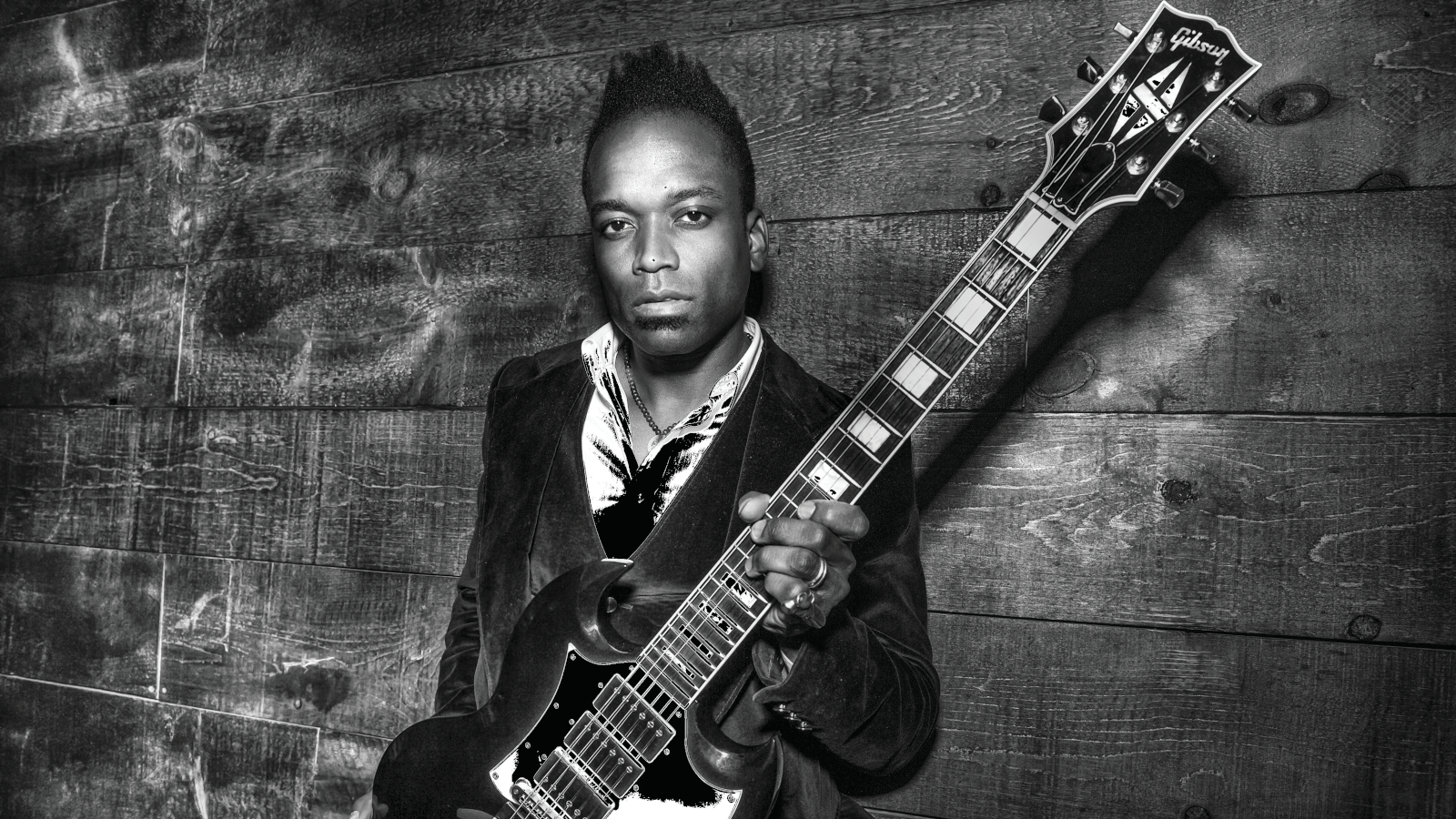
Longtime Roots guitarist “Captain” Kirk Douglas had a simple goal when cutting New Unknown (Whole Leap Records), the latest album under his Hundred Watt Heart moniker. “There was no agenda driving me at the time, other than I wanted to make music that was fun for me to listen to,” he says of the musically diverse set that mixes psychedelia, lush acoustic balladry, walloping metal and whacked-out garage rock. “In a way, I was kind of my own radio station, and I was the program director.”
As a member of the Roots, Douglas is also part of the house band for The Tonight Show. Back in 2020, when much of the world was in lockdown, the Roots had to record music for the show remotely. It was during this period that Douglas tracked New Unknown, at home, with only drummer Ricc Sheridan of Earl Greyhound accompanying him.
“Between doing music for The Tonight Show and making my own record, that whole time was a crash course in learning Ableton Live and upping my computer skills,” Douglas says. “I could have used somebody giving me some pointers, but when you’re forced to do something on your own, you just find a way to do it.”
And when it comes to pointers, Douglas is happy to share some sage pieces of advice for fellow guitarists…
1. Hear What You Sound Like With a Band
“The internet has afforded musicians so many amazing platforms to put their music out there. There are thousands and thousands – probably millions – of videos online in which you can see people playing guitar, which is great. I can’t tell you how knocked out I am by some of the stuff I see people doing. But a lot of these videos are people playing at home by themselves, and it makes me think that many of these guitarists are missing out on the experience of hearing themselves playing with other musicians, which is a whole different world, really.
“When you play with other musicians, you learn how to take part in a dialog using your instrument as your voice. You’ll learn how much you need to say and, just as important, how little you sometimes need to say. You’ll learn about dynamics and nuances, and you’ll learn how to make adjustments in your playing. You really can’t gain that kind of knowledge by playing on your own, so try to play with other people. Play with a band, and when you do, record yourself and listen to what you’re doing. What you hear will be radically different from what you hear when you’re playing on your own.”
2. Get in Touch With the Pulse of Your Playing
“In my work with The Tonight Show, a lot of times I’ll get sent music – sometimes there will be a drum beat or a bassline – and I have to add my part. I’ll record myself, and when I listen back I notice how I respond to the beat. One thing I’ve discovered is that, while playing, I often think I’m in the pocket when I’m actually right on top of the beat, instead of being more laid back.
“Practicing with a metronome has really helped me fix that. While using a metronome is great for working on dexterity and speed, it’s also allowed me to become very aware of the push and pull of rhythm. By doing this often, you’ll become better at how to control the pulse of your playing. I saw a video of the legendary bass player Carol Kaye, and she said that you should make the click sound like it’s grooving. What a concept! I thought that was brilliant, how you can make a click become another musician.”
3. Don't Be Afraid of Alternate Tunings
“I watched a documentary on David Crosby, whom, sadly, we lost recently, and there was a part where he talked about being asked to leave Crosby, Stills, Nash & Young. He said, ‘Fine, I’ll leave. But I’m taking all of my weird tunings with me.’ I thought that was awesome. Here’s the thing about alternate tunings: They can give birth to songs. Also, they can be a gateway that re-introduces us to the instrument.
“We become familiar with the guitar, and chances are most of us have played it in standard tuning since we started. Playing in an alternate tuning can break you out of a rut right away because you sound different, and you have to think differently. It’s a whole new path to explore. Everywhere you put your fingers will lead to a new discovery. It almost forces you to write a song, because all the licks that you play in a standard tuning won’t work anymore.
“I have a couple of songs on my new album that are in an open G tuning. I had an acoustic with me, and I said, ‘What will happen if I tried a different tuning?’ And both of those songs happened because of that.”
4. Be Mindful of the Internet
“We have one of the greatest learning tools available to us in the internet. No matter where you look, there’s a link or a video that will show you how to improve your playing. These are things you can take advantage of, and by all means, you should. I used to hear stories of how people would take vinyl records and slow them down to learn licks. Now you can download programs that allow you to slow down tracks while keeping them in pitch. That’s incredible.
“At the same time, there’s the flipside. You might say that you’re going to go online and practice to some videos or whatever, but you wind up spending an hour watching cat videos – or the X-rated version of that. There are so many distractions on the internet, and you have to be mindful of how much time you’re spending on things that really aren’t going to help you in any way. I think to myself, If all of these things were available to me back when I started out, I would either be twice as good on the guitar as I am now, or I might be 10 times worse.
“The internet is an amazingly powerful tool, but as the saying goes, ‘With great power comes great responsibility.’ Don’t let the internet control you; you’re the one who makes the decisions. Use it to further your playing, but be mindful of how it can hold you back.”
5. Play Gigs – Anywhere, Anytime
“There’s a quote from Andy Summers: ‘One gig can be as important as 10 band practices.’ That’s true on so many levels. Something about your musicianship changes when you perform for people – mostly for the good, but you should be aware of any negative habits you might develop. Earlier, I mentioned listening to recordings of yourself playing with a band; you should also try to watch videos of yourself onstage.
“During the ’90s, I played in 10 or so bands in New York. I did all the clubs and learned so much about how to handle myself in front of different audiences. And one night, when I was playing at S.O.B.’s, the manager for the Roots saw me playing with Imani Uzuri, and that led to me joining the band. That wouldn’t have happened if I weren’t out there.”
Get The Pick Newsletter
All the latest guitar news, interviews, lessons, reviews, deals and more, direct to your inbox!

Joe is a freelance journalist who has, over the past few decades, interviewed hundreds of guitarists for Guitar World, Guitar Player, MusicRadar and Classic Rock. He is also a former editor of Guitar World, contributing writer for Guitar Aficionado and VP of A&R for Island Records. He’s an enthusiastic guitarist, but he’s nowhere near the likes of the people he interviews. Surprisingly, his skills are more suited to the drums. If you need a drummer for your Beatles tribute band, look him up.
“Write for five minutes a day. I mean, who can’t manage that?” Mike Stern's top five guitar tips include one simple fix to help you develop your personal guitar style
"It’s like you’re making a statement. And you never know where it’ll lead." Pete Thorn shares the tip that convinced Joe Satriani he was the right guitarist for the SatchVai Band


